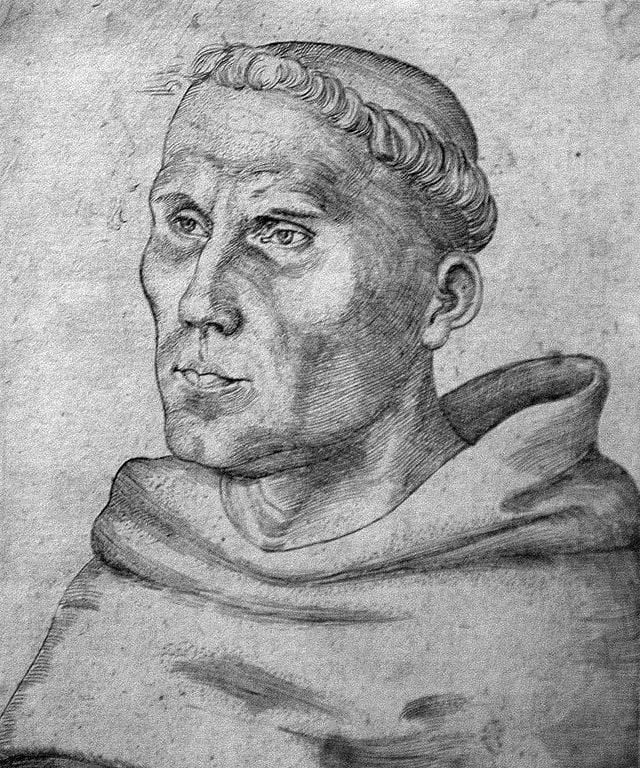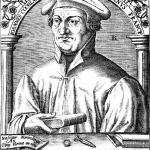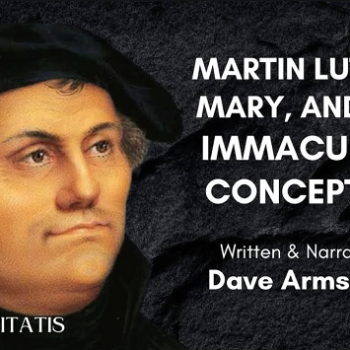
In Catholic (and biblical) ascetic spirituality, or what are called “the evangelical counsels,” a person may voluntarily (sometimes heroically) renounce something for the kingdom of God. Some biblical examples are the prophets, John the Baptist, and the disciples.
There are many callings and roles to fill. Not everyone can be a Marine, or a Green Beret, or a Rhodes scholar, or an NBA all-star. Those are things that call for qualifications that not everyone can meet (if you’re five feet tall, chances are you’re not going to take up basketball; if you weigh 125 pounds, you won’t be a linebacker in football, etc.). The priesthood is no different.
Martin Luther, the founder of Protestantism, made many absurd and outrageous (and slanderous) statements about the Catholic clergy and Catholic rules; for example:
The sum of it all is that pope, devil, and his church hate the estate of matrimony, as Daniel says [17:37]; therefore he wants to bring it into such disgrace that a married man cannot fill a priest’s office. That is as much as to say that marriage is harlotry, sin, impure, and rejected by God; and although they say, at the same time, that it is holy and a sacrament, that is a lie of their false hearts, for if they seriously considered it holy, and a sacrament, they would not forbid the priests to marry. Because they do forbid them, they must consider it unclean, and a sin, as they plainly say . . .
[T]he noises made by monks and nuns and priests are not prayers or praises to God. They do not understand it and learn nothing from it; they do it like hard labor, for the belly’s sake, and seek thereby no improvement of life, no progress in holiness, no doing of God’s will. (On the Councils and the Churches, 1539; in C. M. Jacobs, translator, Works of Martin Luther, Philadelphia: A. J. Holman Co. and the Castle Press, 1930; reprinted by Baker Book House, Grand Rapids, Michigan, 1982, six volumes; from Vol. 5, 284, 286)
Elsewhere, however, when Luther is not in one of his notorious polemical, condemnatory moods, he acknowledges that, indeed, there is a category of men (albeit very small) called to celibacy, referring, in The Estate of Marriage (1522) to the eunuchs referred to by Jesus in Matthew 19:12, and those who are “especially called by God, like Jeremiah”. Like many other of his positions, this one may have become more “anti” and “polemical” over time.
***
(originally 2-21-04)
Photo credit: Martin Luther as Monk. Engraving by Lucas Cranach. 1520. Photograph by Paul T. McCain. June 2006. Eisenach, Germany. [Wikimedia Commons / Creative Commons Attribution-ShareAlike 2.5 license]
***













